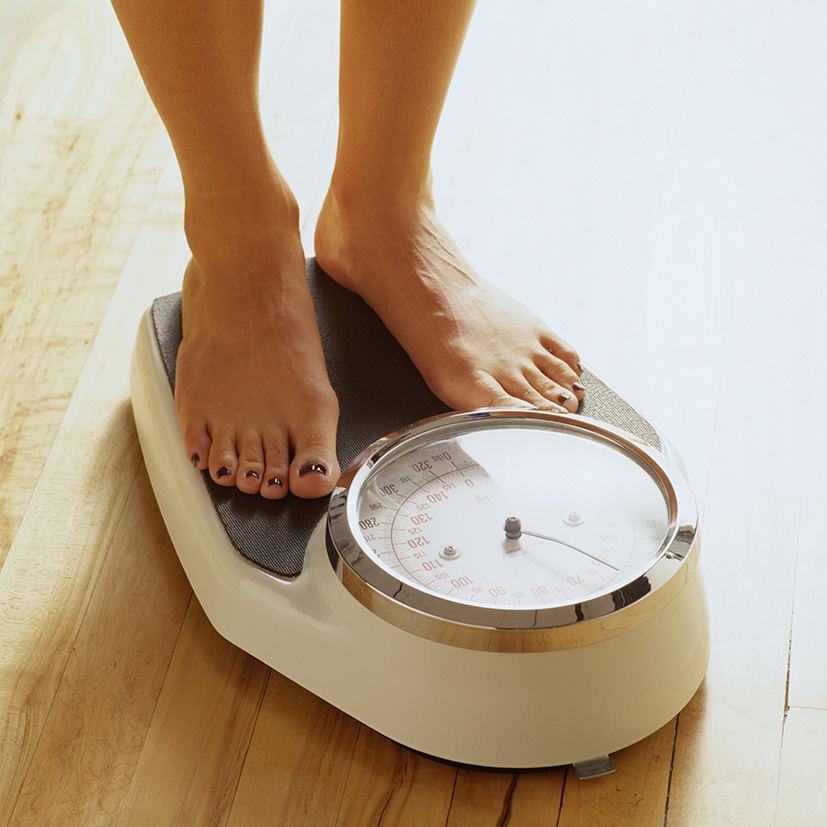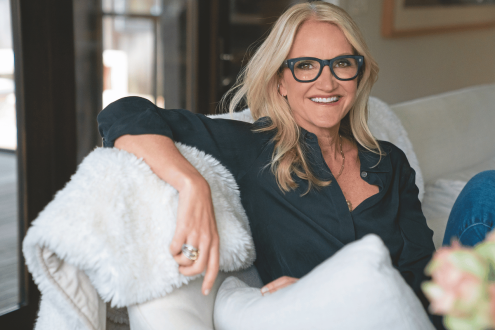Brain Food Column Month One: Scaling down my emotions
Every month Amerley Ollennu challenges you and herself to road-test research and healthy strategies to help change the way we think about food once and for all

Last month I wrote openly and honestly about my history of emotional eating. I addressed how I, like 12 million other Britons, use food to deal with emotions such as stress, disappointment and anger. Over the years, some people have told me to stop obsessing about what I eat or how much I weigh, but it’s not as simple as that. Emotional eating is learnt from an early age. Just as suckling our mother’s breast as babies gives us comfort as well as nutrition, many of us learn to eat in order to reward, love or even punish ourselves. But I’m finally ready – once and for all – to shift those long-held thought processes that led me to believe food is the only way to soothe myself.
The challenge
My first step is to ditch the scales for good. The number on the scales has the ability to affect my mood and eating pattern for the whole day. This is not surprising, says psychologist Elaine Slater. ‘Weighing oneself can have a significant emotional impact. It can often mean the difference between feeling happy or sad, beautiful or ugly, or questioning whether you’re good or bad. If the number on the scales is not the one you hoped for, this erodes self-esteem and self-confidence, leading to a lack of self-worth and feelings of disempowerment.’
The experience
Those feelings are all too familiar to me and I knew that if I were to make any real changes to the way I deal with them, I needed to stop weighing myself. At first I felt out of control, as I didn’t have the scales to ‘keep me in check’. Also, I wanted to banish the idea of good and bad foods and allow myself to eat anything in a bid for a healthier relationship with food.
I hoped the freedom I’d given myself would make it easier to opt for healthy food most of the time. I soon stopped feeling guilty when I ate something I once deemed ‘bad’, but I found choosing healthier foods when stressed incredibly difficult. Slater says: ‘Many of us use scales as an emotional barometer. When this is removed, individuals may use food as their emotional barometer instead.’
The result
I had to reassess, as my feelings of fear, panic, loss of control and confusion were driving me to engage in the one thing I was trying to fix – emotional eating. I started an exercise regime, then devised a loose eating plan with nutritionist Yvonne McMeel, and practised deep breathing when I felt a trigger emotion emerge. It’s not totally working for me yet – all this change has made me more stressed than ever and I’ve begun to substitute alcohol for food, as it replicates the numbing effect I get when I comfort-eat.
It would be so much easier to go on a fad diet in order to avoid dealing with how I’m feeling, but I’m committed to this journey. I know that it’s not just about the number on the scales; it’s about delving deeper to drop long-established habits and break free from this destructive coping mechanism.
I urge you to take up the challenge, too. It may bring up issues with emotional eating you didn’t even know you had.
Amerley Ollennu is Psychologies' Beauty and Wellbeing Editor. Find her on Twitter @AmerleyO.









